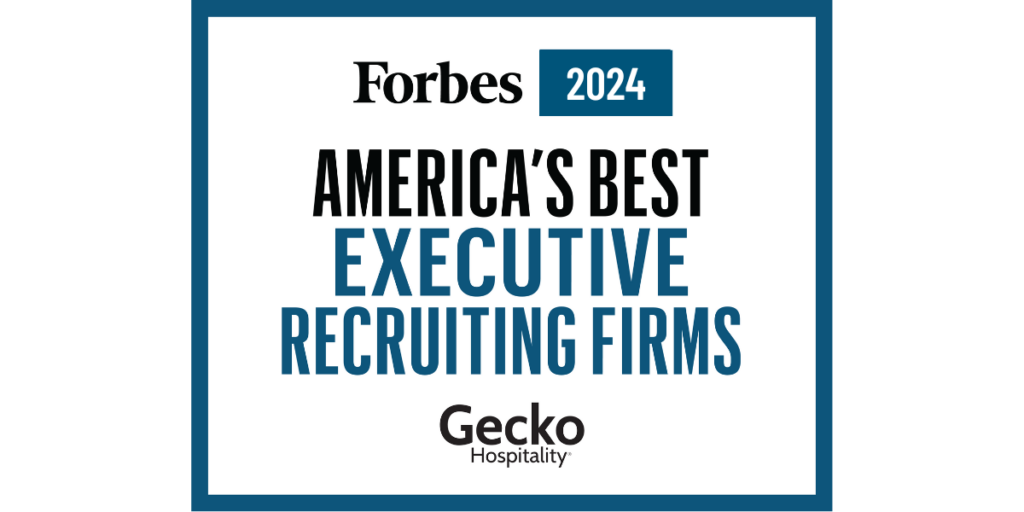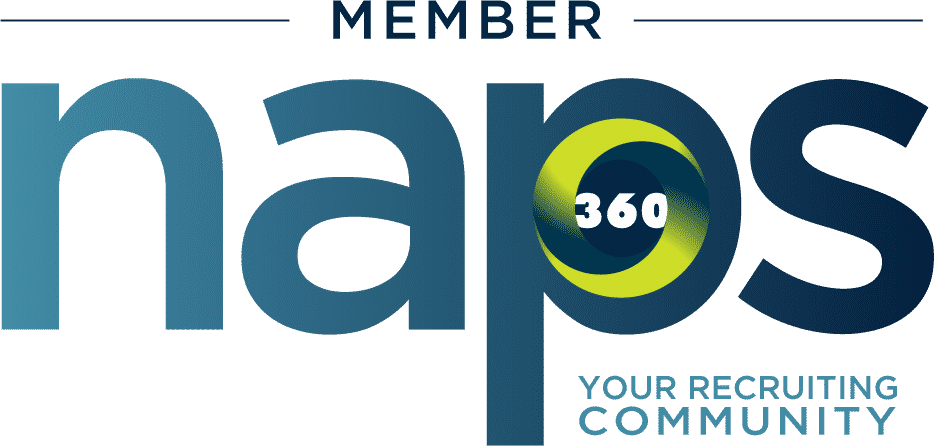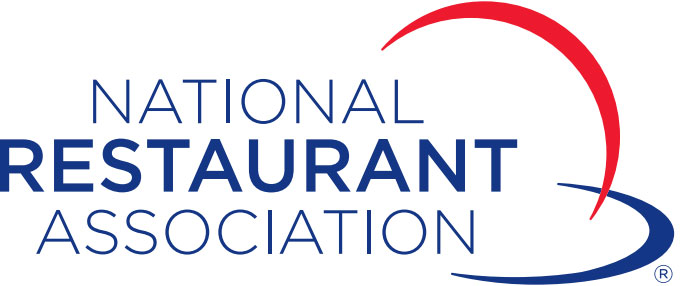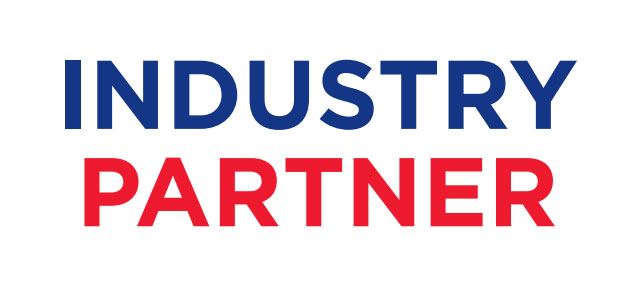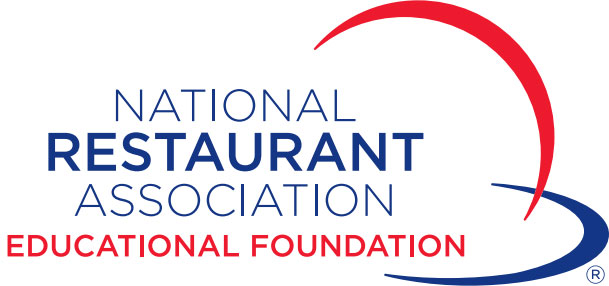The Essential Steps for Effective Onboarding of Top Talent: Setting the Stage for Success
In the realm of talent acquisition and management, the process of onboarding a new employee is a critical juncture that can significantly impact the success and longevity of their tenure within an organization. As a seasoned professional in the field of recruitment and management, drawing from years of experience and expertise, I aim to illuminate the key strategies and best practices essential for seamlessly integrating and empowering new hires.
In one recent encounter with a restaurant proprietor grappling with managerial turnover at a new establishment, it became apparent that the absence of foundational onboarding practices was hampering the success of newly appointed managers. The recruitment and assimilation of adept management personnel play a pivotal role in the advancement of existing enterprises and the inauguration of fresh ventures. In this series of insights, we will explore the fundamental steps to ensure the triumph of newly onboarded managers.
Step One: The Art of Interviewing
At the inception of any recruitment process lies the pivotal phase of interviewing. This initial interaction serves as a platform for candidates to showcase their aptitude, while concurrently affording the employer an opportunity to make a lasting impression. Here are key facets to consider during this crucial stage:
Allocate dedicated time for the interview to avert interruptions and convey respect for the candidate’s commitment. Create a welcoming ambiance by offering beverages and initiating the dialogue in a relaxed manner to foster rapport. Employ a consistent approach by posing both standard and role-specific inquiries. Remember, active listening is paramount for gaining profound insights into the candidate’s suitability. Evaluate how candidates articulate their experiences in previous roles and delve into their relationships with superiors and colleagues. While a plethora of resources expound on effective interviewing techniques, it is imperative to conduct meticulous research and evade succumbing to biases like the “Halo effect,” which may overshadow pertinent attributes. Shared interests, be it in sports or music, do not necessarily correlate with managerial prowess.
Furthermore, observe the queries posed by candidates regarding your organization. Their level of familiarity and curiosity can offer valuable cues regarding their motivation and alignment with your company culture.
A critical admonition: Refrain from extending a job offer following the initial interview. Despite a positive impression, it is prudent to schedule a subsequent meeting a few days later. This interlude allows for reference checks, validation of consistency in the candidate’s narrative, and affords them time to contemplate the role presented.
Common pitfalls to avoid during interviews encompass excessive monologuing, protracted selection processes that risk losing competitive candidates, and neglecting thorough reference checks. It is imperative to reach out to former employers, including industry rivals, to gain holistic insights into a candidate’s professional background.
I often liken the first interview to a preliminary date – the objective is to secure a follow-up meeting (not an immediate commitment) to foster mutual evaluation and alignment between the candidate’s aspirations and the employer’s objectives.
By adhering to a comprehensive and structured interviewing regimen, organizations can establish a robust foundation for successful onboarding and sustained managerial engagement. Investing time in comprehending candidates and their potential integration within the organizational fabric is paramount for fostering enduring professional relationships.
Stay tuned for the subsequent installment in this series, where we will delve into the pivotal facets of orienting new employees to position them for triumph.
This article was written by Marty Tarabar, marty@geckohospitality.com.



